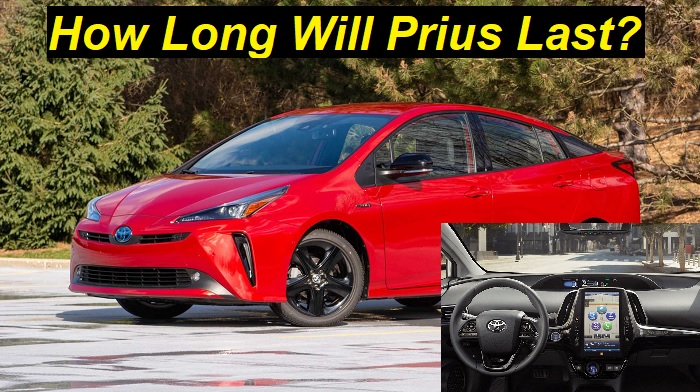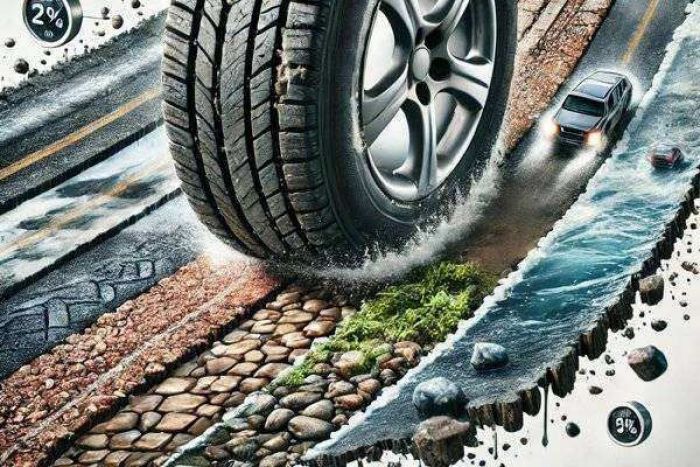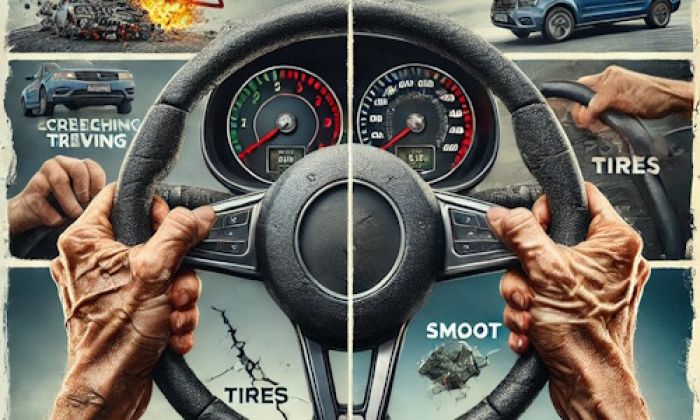Toyota cars have always been thought to be very durable, high-quality, and problem-free. But those people who have already owned a Toyota know that this is not completely true. Some Toyota cars are actually eternal and can last forever. But some of them still have a lot of problems. The durability depends much on what modification you choose when you buy your Toyota.
These Japanese vehicles are marvelous in terms of comfort and safety, but the myth about their longevity is now very arguable. Today, we'll be speaking about the Toyota Prius and its longevity. We'll pay attention to the recent generations and we'll also talk about the most durable Toyota Prius generation in history.

Here's what we are going to talk about:
- Modern Priuses - how many miles can they last?
- What's the most durable Prius generation?
- Why is Toyota Prius with a high mileage a dangerous car?
- Main problems and breakdowns in your Toyota Prius.
Let's get started!
New Prius - how long will you be able to drive it?
Today, you'll be able to buy a new fourth-generation Toyota Prius that underwent a facelift in 2018. Technologically, this model is absolutely the same as the 2015 generation, but it has a lot of cosmetic changes. This is a durable and reliable car, but we would say this hybrid vehicle is less reliable than the third and the second generations.
A new Prius will have a worse life expectancy because the company made a lot of efforts to make it more technological to compete on the market that keeps filling up with new hybrids every year. This competition leads to the fact that Toyota loses its clients and starts "buying" new clients with cool technological features that sometimes steal some mileage from a car.
Here's why we've made this decision:
- Toyota claims that the new Prius can return 50 plus MPG in the city traffic. This is cool, but we understand that the company has used many new technologies that can lead to a very expensive repair in 100 000 miles or something like this.
- The 1.8-liter engine seems to be really good because we know this unit well. But it still has a lot of problems. In a hybrid powertrain, this engine starts causing problems very soon after you buy the car.
- The battery is not better than the previous generation. And you know that a broken battery in a hybrid vehicle or an EV is always a big problem that leads to an expensive replacement.
- The overall technologies don't become any easier to repair. A lot of Prius owners get big problems even with small breakdowns. You will have to go to a dealer to repair even a small problem.
- CVT transmission is one of the biggest problems. In many Priuses, it starts malfunctioning right after 100 000 miles. It can go much more, but you will have to maintain it even better than the requirements say.
As you see, it's hard to say that the Prius is a long-lasting and problem-free vehicle. We want to say now that we love Toyotas and we actually love Priuses - they have a lot of wonderful advantages over other ICE-powered vehicles that you can buy for the same money. But we hate that Priuses only change in design and take all their problems with them from the first generation and until now.
We believe that the effective mileage for a Prius is 100 000 miles. After this mark is achieved, you should think about selling your Prius and buying something else (maybe, a new Prius). But this is not the maximum mileage you can get in your new Prius, of course. If you are ready to invest some money in your car, then the new Prius can go around 180 000 miles. We know one Prius that has already got to a 350 000-mile mark, but basically, all technical elements have already been replaced.
The most long-lasting generation of the Prius
We've spoken to our colleagues, journalists around the US, and asked them about the best year of Toyota Prius. A lot of them said that the second generation (2004-2009) was the best one. They even wrote a lot of reasons why they thought so. But we disagree with that given that we are now in 2022, and a person asking for the best year of a Prius will want this information to help decide which Prius he or she should buy used.
We believe that the second generation was really cool, but it's an old car now. The youngest one will be 13 years of age and the mileage of the best options will be around 120 000 miles (the average mileage is over 180 000 miles for these vehicles). So, no, this is not what we recommend.
We also wouldn't recommend the fourth generation because it has become even more complicated in terms of technologies, but it basically didn't change anything in terms of driving quality and main units.
So, our choice is the third generation of the Prius, and here's why:
- you can still find quite a lot of cool cars available on the market, many of them will be young enough - 7-8 years old;
- the technologies like engine, transmission and other things are basically the same as in the newer generation;
- the price is not bad at all, the 2010 Prius, for example, will cost you around $7,000 in very good condition, and up to $5,000 if you are ready to deal with some minor problems;
- you will get even more reliable technologies - people say that the transmission in the third generation was better than in previous ones;
- you can find a vehicle with low mileage - many options will even offer up to 60 000 miles which is not bad at all.
So, if you compare the prices and the condition of Prius vehicles, you will see that the third generation is actually the best one to buy used. It doesn't mean that you shouldn't consider other generations, but with this Prius, you actually get more than you expect for your money.
We also want to underline the idea that you will not get a much better Prius in terms of technologies if you pay for the newest generation. You will basically get the same vehicle with another body design. In our opinion, it's better to search for a decent Prius 3 than spend thousands of dollars for the opportunity to drive a more beautiful Prius 4 with no technical advantages.
What problems can you expect from your Prius?
The longevity of the vehicle is determined by the problems it can bring. A Prius can go a million miles if you are ready to replace batteries, engines, transmissions, body parts, etc. But it doesn't make sense because you will pay so much that you could buy a new Prius with this money. So, in the US, the vehicle's longevity should be estimated taking into account the rational and financial side of the question.
And Toyota Prius is not the most reliable Toyota, in this case. The problem is not only in the really huge amount of small issues but in the repair cost. It will cost you a fortune to deal with problems in your Prius, so even the smallest problem may be considered big and pricey.
Here's what usually happens with Priuses (of any generation):
- Headlight problems. A lot of owners keep posting their reviews saying about big problems with headlights and the need to replace them. The price for this repair is astonishing.
- Brakes problems. Owners of the second and third generations of the Prius often say that they need to calibrate the brakes every other time they come to regular service to dealers.
- Oil consumption. The 1.8-liter engine is not bad, but it starts burning oil at 100 000 miles and keeps burning more of it with every mile you go. This may lead to engine damage if you don't check the oil level regularly.
- Windshield problems. In the second and third generations of the Prius, the windshield is placed under some wrong angle. So, any small stone that hits the windshield can contribute to new cracks and the need to replace this expensive part.
The latest model of the Prius can have a lot of problems with wiring and programming. We know three official recalls by Toyota to deal with these problems. And this shows that the quality of preparing cars for sale is not the best in Toyota.
Final words
Although the Prius has a lot of problems and possibly expensive issues, we love this car. It can save your money on a fuel pump, and it can be a very fun car to drive. Yes, it's not the vehicle for those who love the fast acceleration and the highest top speed. This is a family car that is comfortable for any kind of journeys. But when buying one, you should know about the downsides that are all given in our today's article.
About the authors
The CarAraC research team is composed of seasoned auto mechanics and automotive industry professionals, including individuals with advanced degrees and certifications in their field. Our team members boast prestigious credentials, reflecting their extensive knowledge and skills. These qualifications include: IMI: Institute of the Motor Industry, ASE-Certified Master Automobile Technicians; Coventry University, Graduate of MA in Automotive Journalism; Politecnico di Torino, Italy, MS Automotive Engineering; Ss. Cyril and Methodius University in Skopje, Mechanical University in Skopje; TOC Automotive College; DHA Suffa University, Department of Mechanical Engineering






Add comment